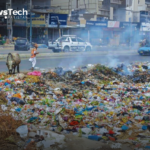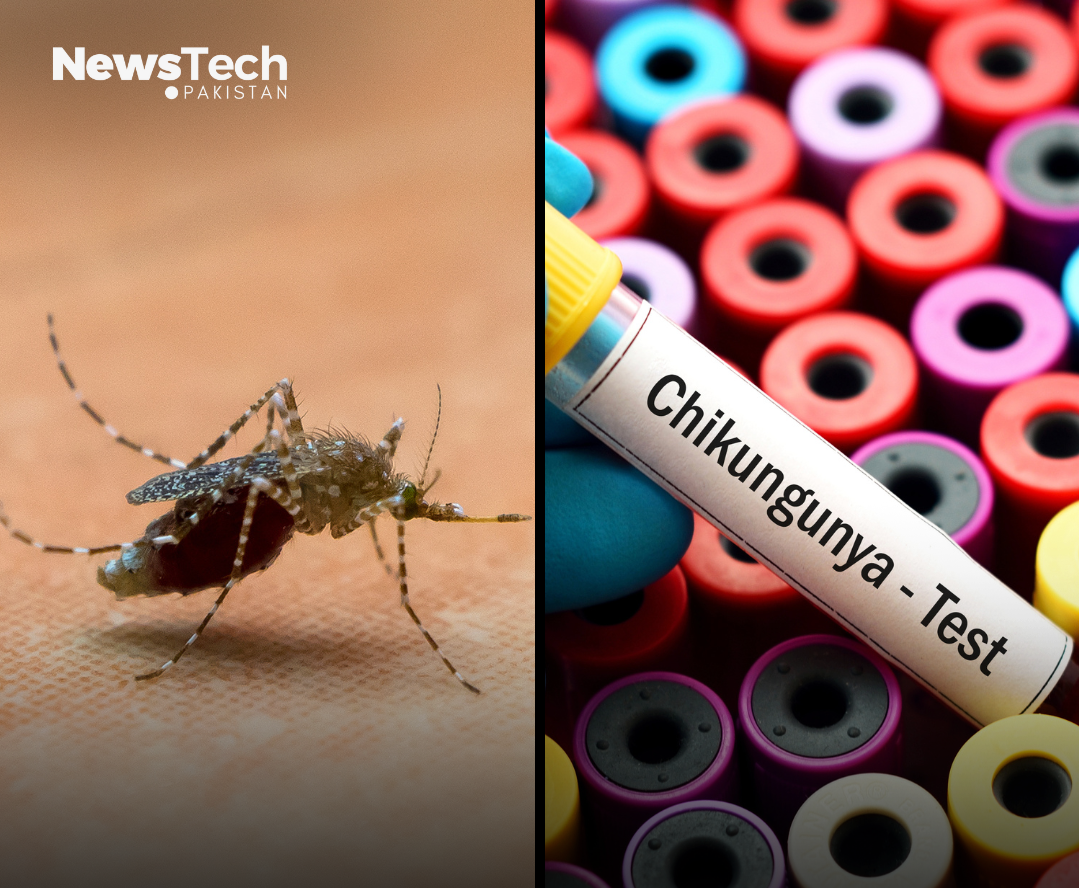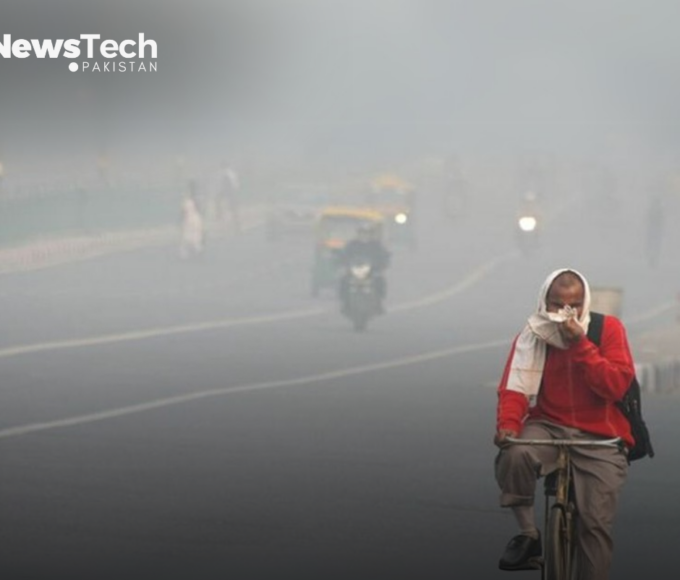Chikungunya is a viral disease spread to humans by infected mosquitoes, particularly the Aedes aegypti and Aedes albopictus species. These mosquitoes usually bite during the day, with peak activity in the early morning and late afternoon. The disease is most common in tropical and subtropical regions, but outbreaks can occur anywhere where these mosquitoes are present.
Symptoms of Chikungunya The symptoms of chikungunya generally appear within 2-7 days after being bitten by an infected mosquito. Common symptoms include:
- High fever
- Severe joint pain (especially in the hands, feet, knees, and wrists)
- Muscle pain
- Headache
- Rash (usually starting on the face and spreading to the rest of the body)
- Fatigue
The joint pain can be so intense that it often leads to difficulty in movement, which is why the disease’s name “chikungunya” means “to become contorted” in the Kimakonde language. While the fever usually lasts a few days, joint pain can persist for weeks or even months. In some rare cases, the pain can continue for years.
Diagnosis Chikungunya is diagnosed through laboratory tests. Blood samples are usually taken to detect the virus or the antibodies produced by the body to fight the infection. Since the symptoms of chikungunya are very similar to dengue fever and other viral infections, laboratory confirmation is essential for accurate diagnosis.
Treatment There is no specific antiviral treatment for chikungunya. The focus of treatment is on relieving symptoms, especially the severe joint pain. Common treatments include:
- Painkillers like paracetamol or ibuprofen to reduce fever and joint pain
- Drinking plenty of fluids to stay hydrated
- Resting to recover from the illness
In some cases, doctors may prescribe medications or physical therapy to manage long-term joint pain.
Prevention The most effective way to prevent chikungunya is to avoid mosquito bites. Here are some important steps to reduce your risk:
- Use Insect Repellent: Apply mosquito repellent to exposed skin, especially during the day.
- Wear Protective Clothing: Wear long sleeves, pants, and shoes to cover your skin.
- Use Mosquito Nets: If you are in an area with many mosquitoes, sleep under a mosquito net.
- Eliminate Breeding Sites: Mosquitoes breed in standing water. Make sure to empty or cover containers like buckets, flower pots, and tires that can collect water.
- Use Mosquito Screens: Install mosquito screens on windows and doors to prevent mosquitoes from entering your home.
Chikungunya can cause severe discomfort due to its painful symptoms, but it is rarely life-threatening. Early diagnosis and symptomatic treatment can help in managing the condition effectively. Taking preventive measures, like avoiding mosquito bites and eliminating mosquito breeding grounds, is key to stopping the spread of chikungunya in affected regions.


















Leave a comment